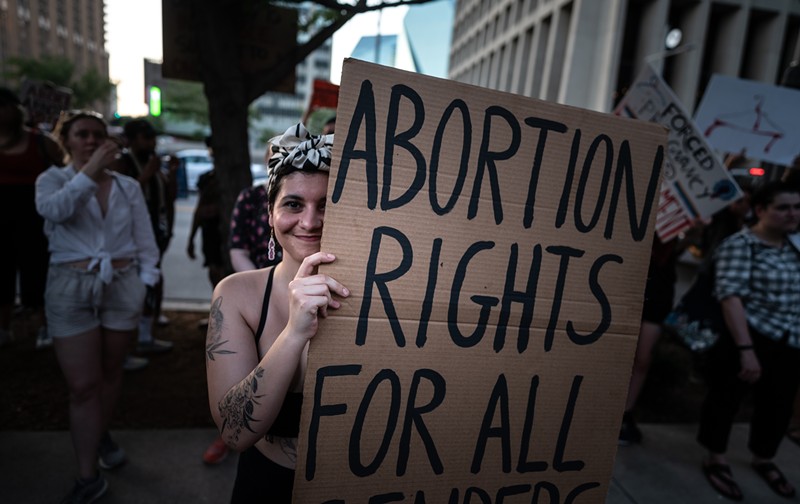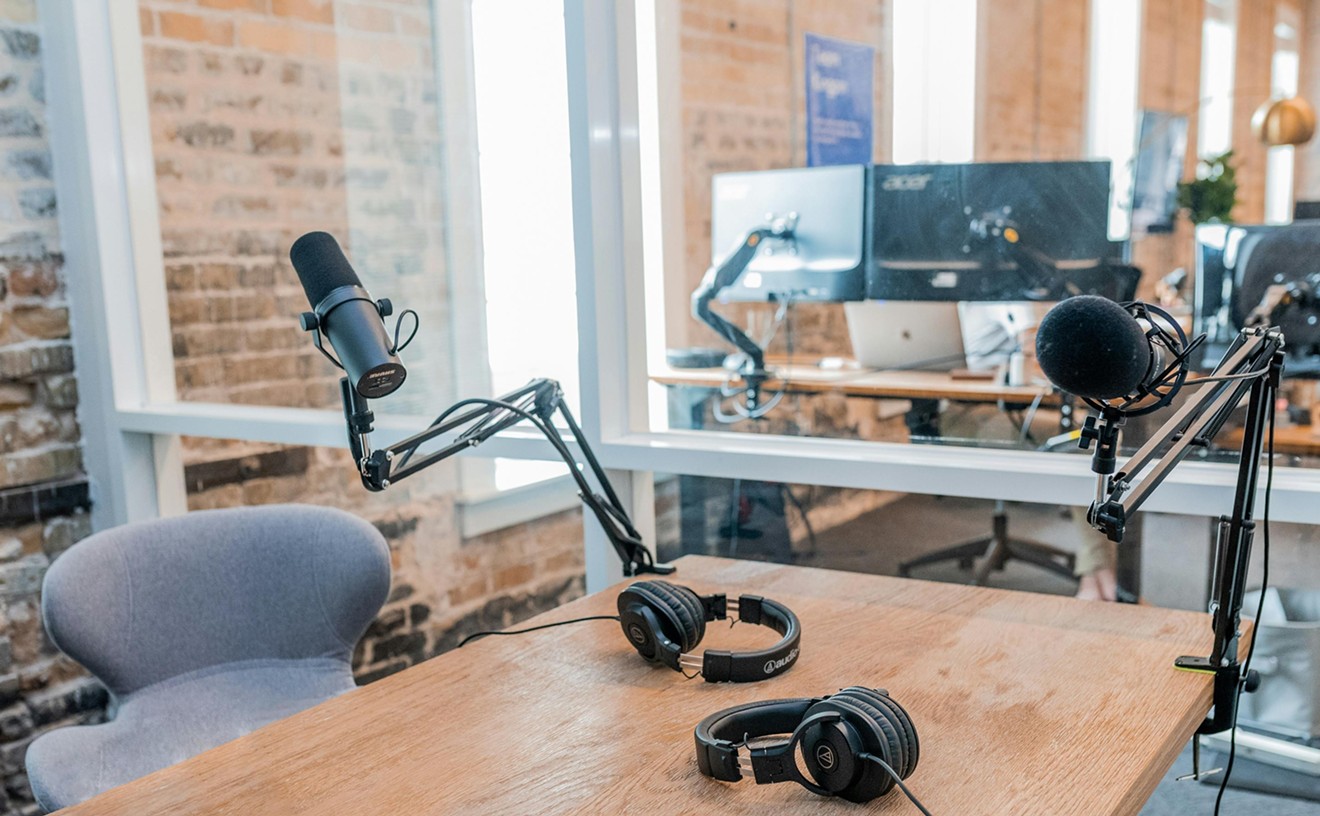Cox’s goal is to temporarily block the state’s abortion ban so she can obtain a procedure she says will help her avoid dangerous risks to her health following a horrifying diagnosis.
According to a statement from the Center for Reproductive Rights, which filed the case on Cox’s behalf, the expectant mother was told last week by doctors “that her pregnancy had Trisomy 18 — a condition causing multiple structural abnormalities — and had no chance of survival.”
According to UT Southwestern Medical Center, Trisomy 18 “occurs when an extra copy of chromosome 18 is present in a developing baby. It causes significant intellectual disability and developmental differences in the limbs, heart, and brain.”
Cox, who is 20 weeks pregnant with a girl, has already delivered two children by Caesarean section; she has been told by her doctors this could mean that carrying the current pregnancy to term could jeopardize her health and ability to have children in the future. Cox’s suit is reportedly the first such attempt in Texas since July 2022, when the state banned abortions following the U.S. Supreme Court decision Dobbs v. Jackson Women’s Health Organization. That ruling overturned Roe v. Wade, the landmark decision granting women the right to abortions.
"And then it was for certain: We now know she has full Trisomy 18 and cannot sustain life." – Kate Cox, Dallas Morning News op-ed
tweet this
“At times, we felt optimistic but at other times, pessimistic. I kept thinking, maybe the early tests are wrong,” Cox wrote of the diagnosis in her Morning News op-ed. “Maybe she will have a really nice life in a wheelchair. Each week brought more ultrasounds and more bad news. There are issues with her spine, heart, brain, and limb development, among other conditions. And then it was for certain: We now know she has full Trisomy 18 and cannot sustain life.”
State law makes only a small exception for abortion care in the event a mother’s life is at risk or if “substantial impairment of major bodily function” of the mother is likely. Cox’s case suggests she fits into the latter category.
The Cleveland Clinic notes that the diagnosis, while not common, isn’t too rare either. According to the clinic’s website “Edwards syndrome (trisomy 18) occurs in an estimated 1 out of every 5,000 to 6,000 live births The condition is more common during pregnancy (1 out of every 2,500 pregnancies), but most (at least 95%) fetuses don’t survive full term due to complications from the diagnosis, so pregnancies can end in miscarriage or babies are stillborn.”
Traveling out of state for an abortion is a contentious topic; some jurisdictions in West Texas have attempted to outlaw it, but such a choice is legal. But that type of drastic measure isn't what Cox, who wrote that an abortion “isn’t ever something I thought I would want or need,” thinks is right for mothers in her position.
“I am a Texan. Why should I or any other woman have to drive or fly hundreds of miles to do what we feel is best for ourselves and our families, to determine our own futures?” Cox wrote. “I’m trying to do what is best for my baby daughter and myself and my family, but we are suffering because of the laws in Texas.”












